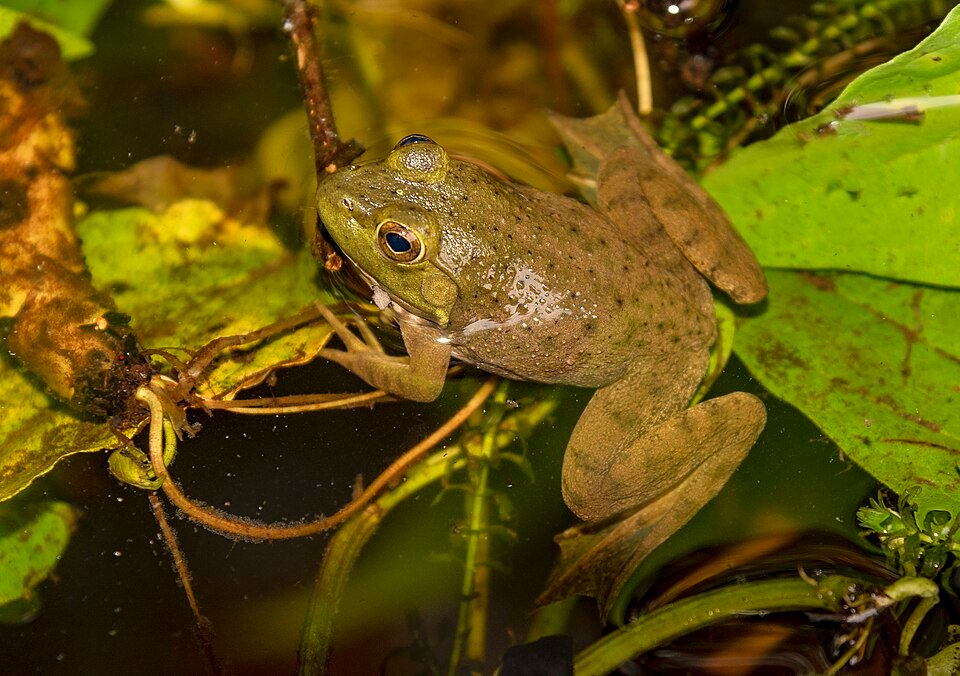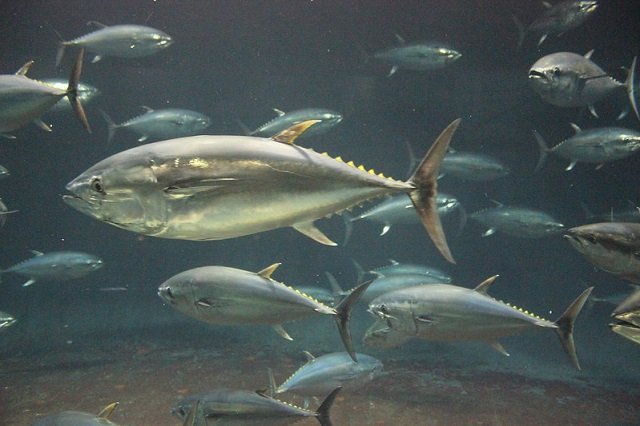Long Beach, USA.- The Aquarium of the Pacific’s Seafood for the Future (SFF) program has released a report on a forum it convened at the Aquarium with American Honda, in partnership with the Honda Marine Science Foundation, titled: Aligning Stakeholder Communications for U.S. Marine Aquaculture. The forum’s goal was to expand responsible marine aquaculture, or farming in the sea, in the U.S. by facilitating the communication of accurate information to consumers, regulators, policymakers, and the public. It was implemented to address the growing consensus that perception-based concerns can and do influence permitting decisions and hinder responsible aquaculture development in the U.S.
Marine aquaculture is an important tool to increase our supply of nutritious food, while reducing our impacts on the planet. The long-term sustainable solution to creating a safe, secure, and sustainable global food system to feed a growing population is developing an integrated program of responsible land-based agriculture and ocean-based aquaculture. The U.S. imports more seafood than any other nation, most of it from potentially unsustainable farmed sources. It has the scientific knowledge and technological and ecological capacity to grow a responsible marine aquaculture sector to complement its well-managed, wild-capture fisheries and land-based agriculture. “To realize its potential, the U.S. must overcome the paralysis that prevents responsible ocean farms from being permitted and investors from investing in its waters,” said Kimberly Thompson, SFF program manager. One of the key variables that impacts permitting in the U.S. is public perception.
Forum participants included U.S. marine aquaculture farmers, chefs, communications experts, regulators (state and federal), educators, students, scientists, representatives from farms seeking permits, and seafood suppliers. The participants identified several key themes during the forum, including that public perception can hamper permitting new sites and expanding responsible marine aquaculture farms; all stakeholders should collaborate to raise the profile of all U.S. seafood; stakeholders should collaborate and pool resources to provide engaging, informative communications to target audiences; stakeholders should share stories with compelling narratives; and stakeholders should be discerning about engaging with detractors.
After the forum SFF formed working groups to draft specific strategies, develop toolkits, and create resources for educators to address these themes. The draft strategies will be presented at Aquaculture Triennial and Seafood Expo North America Conferences in March 2019.
To read the full report and watch videos from the forum sessions, visit http://www.aquariumofpacific.org/seafoodfuture/aquaculture_comms_forum.
Contacts
Aquarium of the Pacific
Marilyn Padilla
mpadilla@lbaop.org
Editor at the digital magazine AquaHoy. He holds a degree in Aquaculture Biology from the National University of Santa (UNS) and a Master’s degree in Science and Innovation Management from the Polytechnic University of Valencia, with postgraduate diplomas in Business Innovation and Innovation Management. He possesses extensive experience in the aquaculture and fisheries sector, having led the Fisheries Innovation Unit of the National Program for Innovation in Fisheries and Aquaculture (PNIPA). He has served as a senior consultant in technology watch, an innovation project formulator and advisor, and a lecturer at UNS. He is a member of the Peruvian College of Biologists and was recognized by the World Aquaculture Society (WAS) in 2016 for his contribution to aquaculture.







